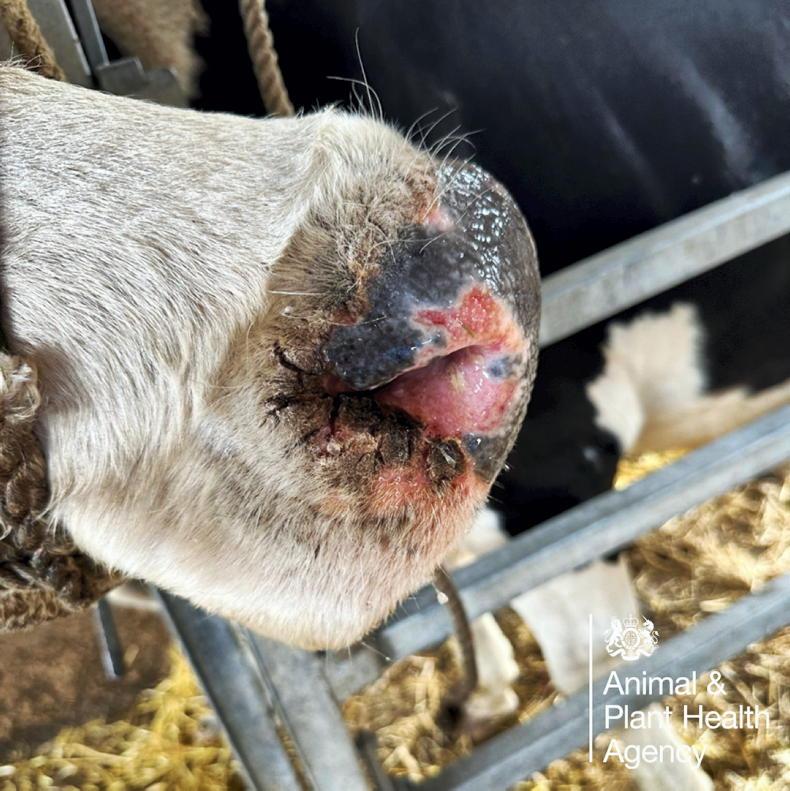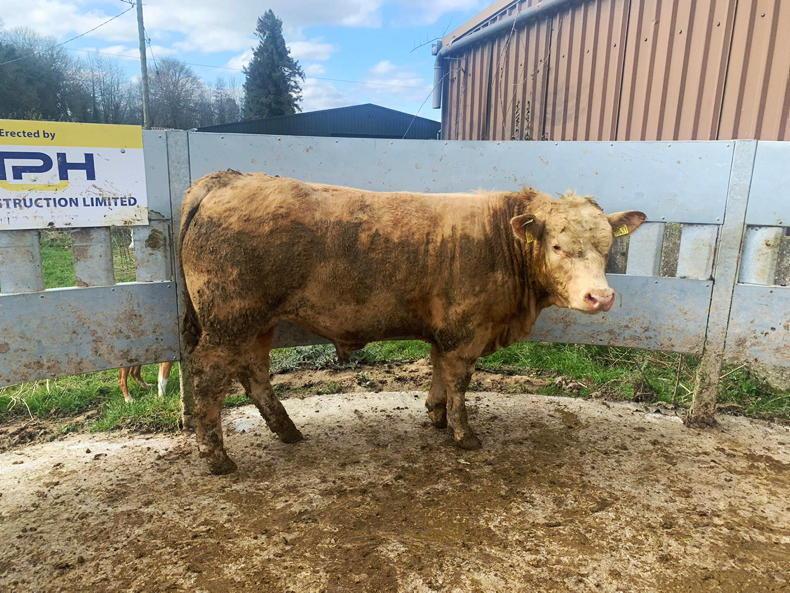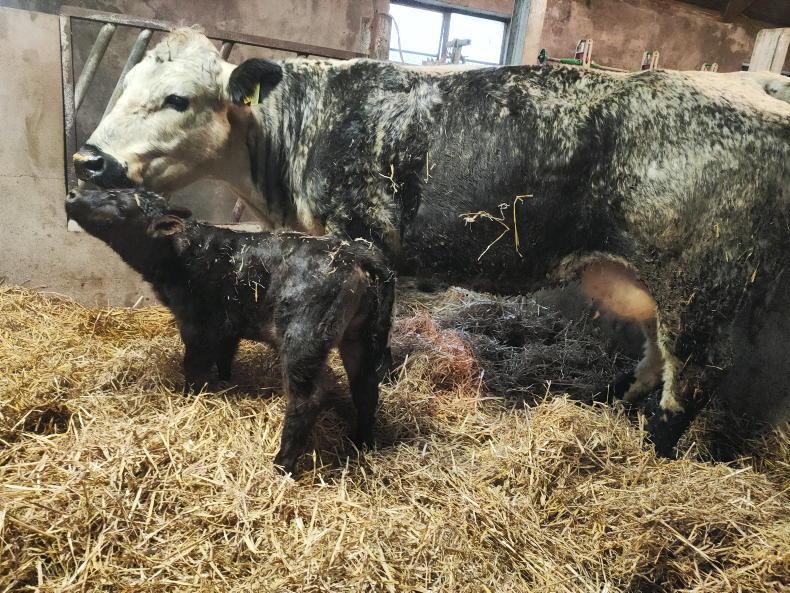Two schemes to destock the national suckler herd have been recommended to Minister for Agriculture Charlie McConalogue by the chair of the Food Vision beef and sheep group, Professor Thia Hennessy.
Destocking a farmer’s suckler herd has been estimated at up to €1,350/cow, in terms of income foregone, in the Food Vision beef and sheep final report. No proposal for compensation payments was included.
The document recommends that suckler farmers be incentivised through voluntary schemes to wind up their operations completely or cut back on some cows.
Farm organisations, although centrally involved in the Food Vision group, have completely distanced themselves from the final report.
The IFA, ICMSA, ICSA and Macra all reserved their position on the report, while the INHFA recently withdrew from the process entirely.
Meat Industry Ireland opposed both the voluntary diversification scheme and the extensification scheme.
Under the proposed voluntary extensification measure, farmers would partially cut suckler cow numbers for a minimum number of years and would receive an annual payment per head of livestock for doing so.
A voluntary diversification scheme has also been recommended, which would see farmers completely cut suckler cow numbers for a contracted period, but they could diversify into other areas of farming not involving breeding cattle. The report says this would cost farmers around €1,080/cow in terms of income forgone.
For both schemes, it is suggested that farmers could be permitted to keep sheep instead of breeding cattle, as long as overall emissions are reduced. Farmers in these schemes would not be able to lease or sell the land to someone else who would put cows on the land.
Other measures in the report are the use of methane-cutting feed additives, replacing 90% of CAN with protected urea by the end of 2025. The report also suggests developing methane-mitigating breeding strategies which would see all cattle genotyped, costing around €10.1m per annum.
Professor Thia Hennessy admitted in the report: “I acknowledge that this has been a very difficult process for all involved with no ‘silver-bullet’ solutions emerging.”










SHARING OPTIONS